Politics in review: Braving storms and high seas, the democratic ship still sails
Despite countless controversies, scandals, protests, Pakistan marked its first decade of uninterrupted democratic rule
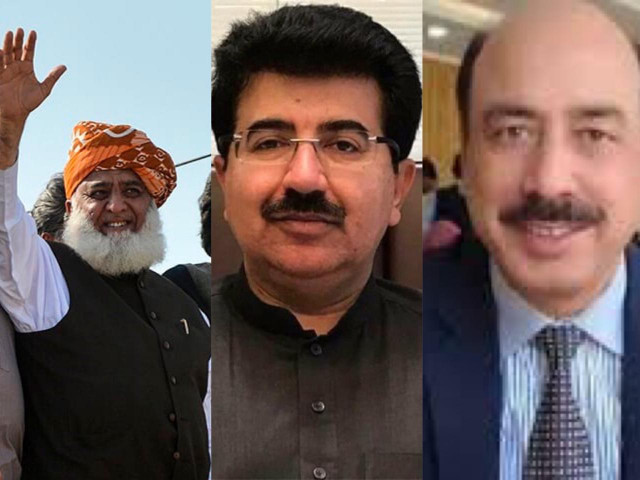

The picturesque skyline of the capital was awash in shades of yellow and red as the last sun of 2019 sank behind the idyllic Margalla Hills, heralding a new year – or a new decade, if you like. The tranquility, however, belies the tumult of last 10 years in the political seat of the country where rabble-rousers stirred up storms, scandals and controversies, shaking governments. And parties saw the rise and fall of their political fortunes. Notwithstanding all the commotion, the democratic system stayed on the rails. And this, I’d say, was the achievement of the decade.
Coming to 2019, political climate remained quiet for the first few months amid hostilities with India, though the PTI-led government pressed ahead with its ruthless accountability. But as tensions with India seemingly abated, opposition parties ramped up their rhetoric, especially after the arrest of their key leaders, including Asif Ali Zardari, Faryal Talpur, Maryam Nawaz, Khawaja Saad Rafique and Rana Sanaullah. Opposition parties gave up their differences to unite against the common foe: the PTI. While the main opposition parties – the PPP and the PML-N – were in apparent disarray, the politico-religious cleric, Maulana Fazlur Rehman, stepped forward to unite all opposition parties in an attempt to challenge the government.
Azadi March
The Maulana announced to stage, what he called, Azadi March in August to “rid the country of the selected government” which he alleged had come to power after massively rigging the 2018 elections. The opposition parties set up the Rahbar Committee as the cleric led a caravan of buses, cars and trucks from Karachi and staged rallies in different cities en route to the capital. The PPP and the PML-N initially offered token support, but when thousands of the cleric’s supporters converged on Islamabad, the top leaders of the two parties came out in support of the Maulana. Buttressed by the support of the opposition parties, the cleric and his supporters camped in the capital, putting up a serious challenge which, at one point, threatened the PTI government. The government tried to negotiate, but the cleric won’t settle for anything less than the resignation of Prime Minister Imran Khan, who refused to give in. The dharna continued for 13 days before ending with a whimper.
Senate no-trust move
While Maulana Fazlur Rehman was gearing up for street agitation, the opposition parties joined their hands inside parliament to de-seat Senate Chairman Sadiq Sanjrani. They brought a no-confidence motion against him fully optimistic of Sanjrani’s ouster. Their optimism wasn’t without reason. They had clear numerical superiority in the upper house of parliament. In a tit-for-tat, the PTI-led coalition tabled a no-trust motion against Senate Deputy Chairman Saleem Manviwalla, who belongs to the PPP. The nation waited with a bated breath as voting was held. The results surprised everyone – perhaps Sanjrani too. The no-confidence motion was defeated. So was the government’s no-trust motion against Mandviwalla. It was a huge embarrassment for the opposition which triggered speculations about defectors within.
Videogate scandal
Just before the Senate move, PML-N Vice President Maryam Safdar leaked purported videos of then-accountability court judge Arshad Malik in which he allegedly admits that he had been coerced and blackmailed into convicting and sentencing former prime minister Nawaz Sharif in the Al-Azizia corruption reference. The Videogate scandal, as it came to be known, created an upheaval on the political landscape of the country. But it couldn’t last long and the hype subsided as quickly as it was created, though the case is still in the court. Maryam, who was hyperactive on microblogging site Twitter, went mum, especially after she was arrested in connection with a corruption reference against her family.
Bilawal’s train march
In March, PPP Chairperson Bilawal Bhutto Zardari kicked off his much-trumpeted ‘Karwan-e-Bhutto’ train march, in what political analysts called a political gamble, to challenge the PTI-led government. It was a political gamble because the march was staged at a time when the opposition stood sharply fractured while the PPP had little support outside rural Sindh. The train march chugged off from Karachi with much fanfare and ended in Larkana, while Bilawal made speeches at various stations en route. The train march miserably failed to pose any challenge to the government as cabinet ministers mocked Bilawal for the protest, saying he was trying to save his father, Asif Ali Zardari, from corruption cases.
Inside parliament
Lawmaking immensely suffered while the treasury and the opposition squabbled inside parliament. The National Assembly couldn’t clear only two bills, while six ordinances were tabled in the Senate for approval. The upper house of parliament could have only seven sittings in 2019, which means it remained functional for only 35 days in in the year. Instead of legislating, parliament witnessed frequent verbal duels and slugfests between the two sides of the aisle. There were a total of three joint sessions of parliament and 11 sessions of the lower house, which frequently faced quorum issues in 2019.


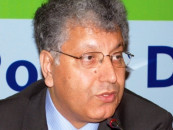
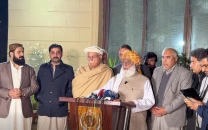

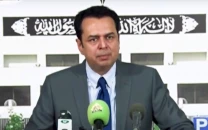
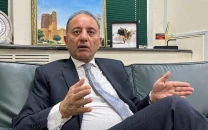












COMMENTS
Comments are moderated and generally will be posted if they are on-topic and not abusive.
For more information, please see our Comments FAQ